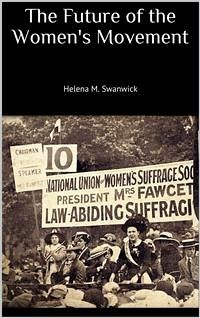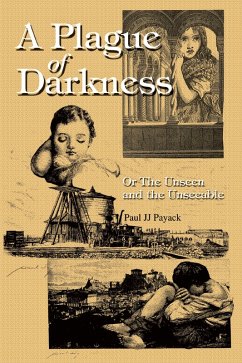Those who open this book expecting to find in it a romantic sketch, rather in the style of Erewhon , of what the civilisation of the twentieth century is likely to be after women have won their freedom, will be doomed to disappointment. It does not deal with what a humorist in the Cambridge Historical Society used to call “that department of history which treats of the future.” Those who look for a plentiful supply of prophecy will not find it; but they will find a masterly sketch of the sources and aims of the women’s movement; and, in the author’s own words, a brief survey of the directions in which it appears to be travelling. They will find also wisdom, and knowledge, and understanding. Mrs. Swanwick avoids cheap and easy generalisation. She writes from a wide and deep knowledge, which has been gained from years of active work, especially in the women’s suffrage movement as it exists here and now; and she writes with the temperance and restraint which come of the philosophic mind.
Dieser Download kann aus rechtlichen Gründen nur mit Rechnungsadresse in A, B, BG, CY, HR, DK, EW, FIN, F, D, GR, IRL, I, LR, LT, L, M, NL, PL, P, CZ, R, SK, SLO, S, H ausgeliefert werden.









